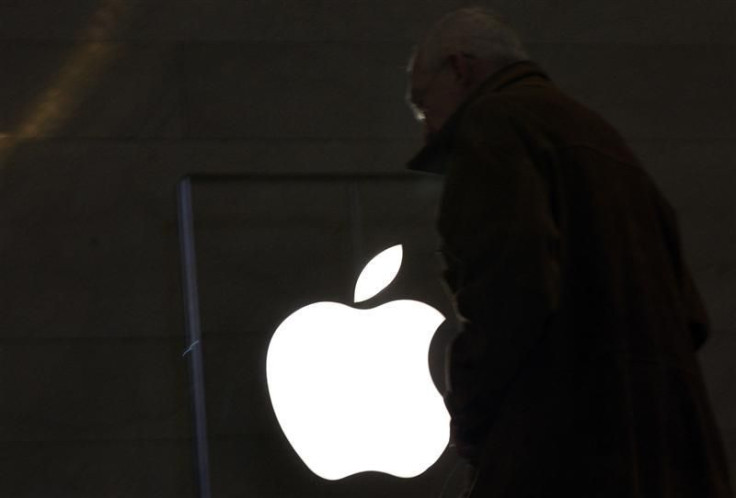Apple Takes Motorola to Court over Patent War

Apple sued Motorola Mobility in a U.S. court on Friday in an attempt to stop Motorola from asserting some patent claims against Apple in Germany, according to the lawsuit.
The suit, filed in a San Diego federal court, argues that Motorola's German lawsuit against Apple breaches terms of a patent licensing agreement between Motorola and Qualcomm.
Apple and Motorola are engaged in global patent litigation, part of a broader legal fight over the smartphone market with billions of dollars at stake.
Motorola representative Christa Smith declined to comment on the specific details of the case, but said the company will continue to vigorously protect our intellectual property.
An Apple spokeswoman declined to comment, and a Qualcomm representative could not be reached.
Google Inc is expected to win approval next week from European regulators, as well as from U.S. antitrust authorities, for its planned $12.5 billion purchase of Motorola Mobility.
Earlier this week, Google pledged to license Motorola patents on fair and reasonable terms if the deal succeeds.
In letters to standard-setting organisations around the world, it promised to keep a cap on the fees it charges for licensing its technology. That cap would be 2.25 percent of the net selling price for each phone. Google also outlined the conditions under which it would sue companies for patent infringement.
In the latest lawsuit, however, Apple accused Motorola of pursuing an aggressive international campaign of litigation that flies in the face of its promise to license standards essential patents on fair and reasonable terms.
Despite owning scores of standards essential patents, Apple has never asserted a standard essential patent in litigation, it said.
Apple says that as a Qualcomm customer, Apple is a third-party beneficiary of Motorola's agreement with Qualcomm. Under that agreement, Motorola's rights under certain patents are exhausted, Apple argues.
The case in U.S. District Court, Southern District of California is Apple Inc. and Apple Sales International v. Motorola Mobility Inc., 12-cv-355.
© Copyright Thomson Reuters 2024. All rights reserved.











